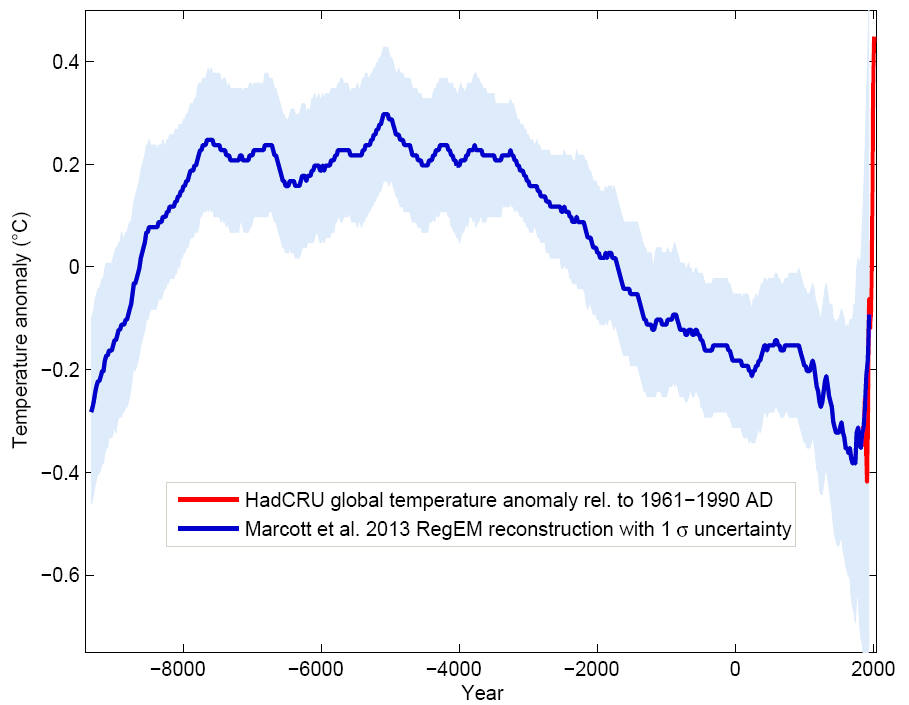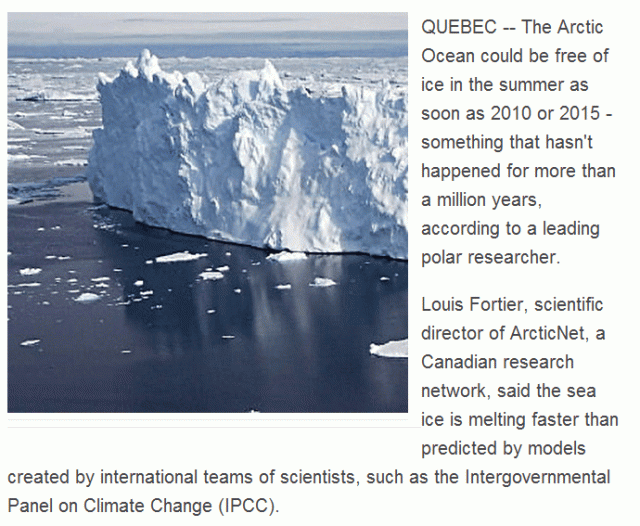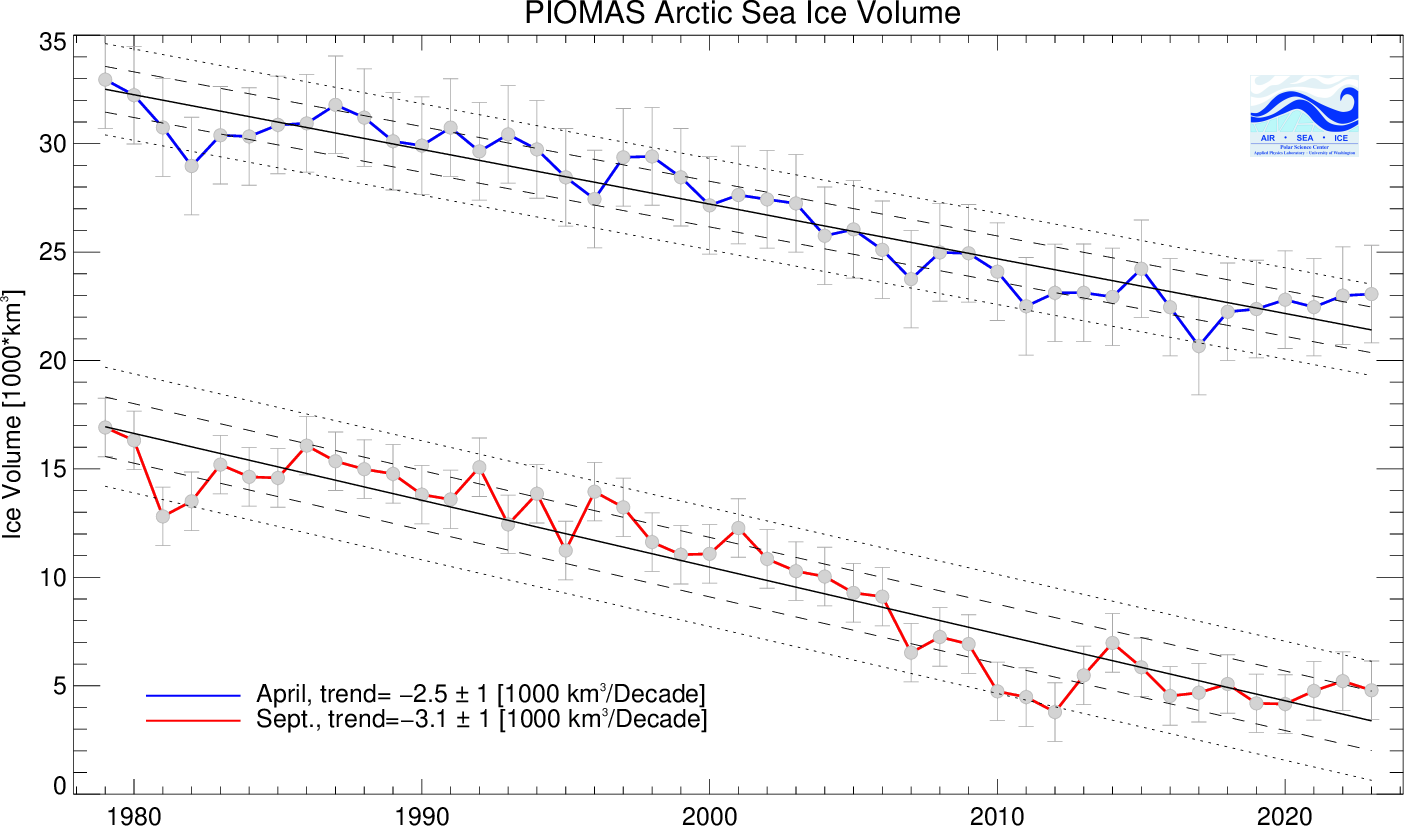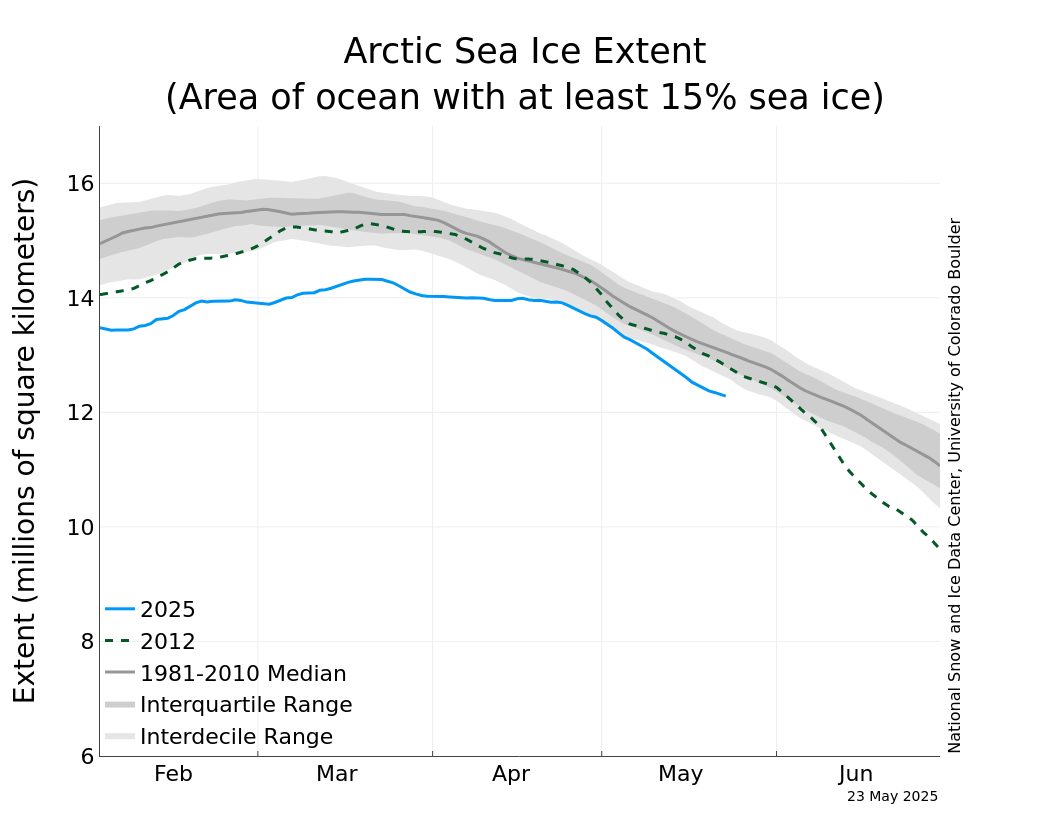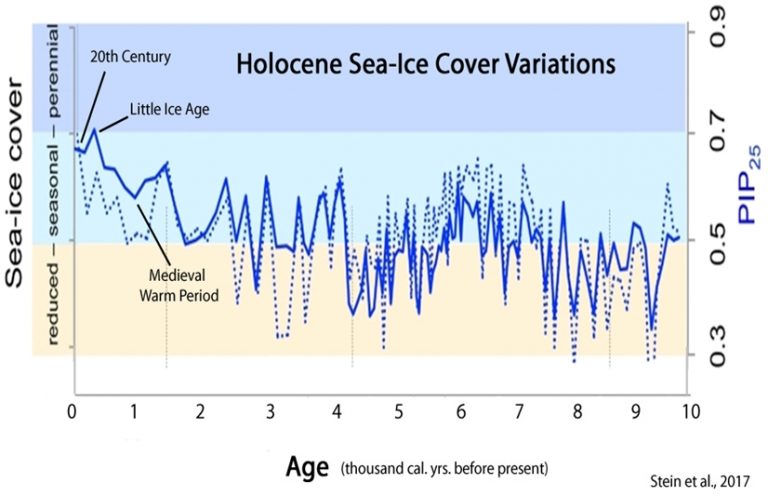Wow, this thread was started in 2009. And the Arctic ice is STILL THERE!
Nope! Not all of it. Since 2009, approximately 10% of the sea ice that was there has melted.
Right now in the Arctic....
Arctic sea ice extent for February 2017 averaged 14.28 million square kilometers (5.51 million square miles), the lowest February extent in the 38-year satellite record. This is 40,000 square kilometers (15,400 square miles) below February 2016, the previous lowest extent for the month, and 1.18 million square kilometers (455,600 square miles) below the February 1981 to 2010 long term average.
(source - National Snow and Ice Data Center)
Monthly February ice extent for 1979 to 2017 shows a decline of 3 percent per decade. - Credit: National Snow and Ice Data Center
And, BTW, the graph above that shows a decline of only 3% per decade, that only is referring to the extent in February, in the deepest winter, close to the maximum extent for the year.
At the end of summer, when the Arctic sea ice is near its minimum, the rate of decline per decade is much higher, over 10% per decade.
Monthly August ice extent for 1979 to 2016 shows a decline of 10.4 percent per decade. - Credit: National Snow and Ice Data Center
The claim was it was going to be gone by 2013! Here's the BBC report making that claim...
Arctic summers ice-free 'by 2013'
Scientists in the US have presented one of the most dramatic forecasts yet for the disappearance of Arctic sea ice.
Their latest modelling studies indicate northern polar waters could be ice-free in summers within just 5-6 years.
Professor Wieslaw Maslowski told an American Geophysical Union meeting that previous projections had underestimated the processes now driving ice loss.
BBC NEWS | Science/Nature | Arctic summers ice-free 'by 2013'
Oooooh, one scientist out of thousands made a prediction that differed from those of his colleagues......and you denier cult nutbagger all get your panties in a twist.....
Of course, what he was actually saying was:
A paper by principal investigator Professor Wieslaw Maslowski in the Annual Review of Earth and Planetary Sciences sets out some of the findings so far of the research project:
"Given the estimated trend and the volume estimate for October–November of 2007 at less than 9,000 km3, one can project that at this rate it would take only 9 more years or until 2016 ± 3 years to reach a nearly ice-free Arctic Ocean in summer. Regardless of high uncertainty associated with such an estimate, it does provide a lower bound of the time range for projections of seasonal sea ice cover."
Please do NOT post full articles. Post a snip from the article, link, and your comment.

